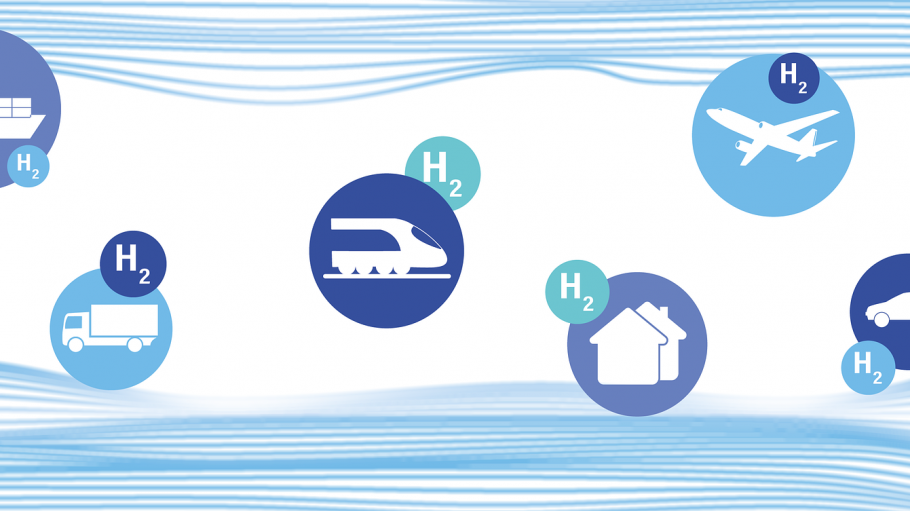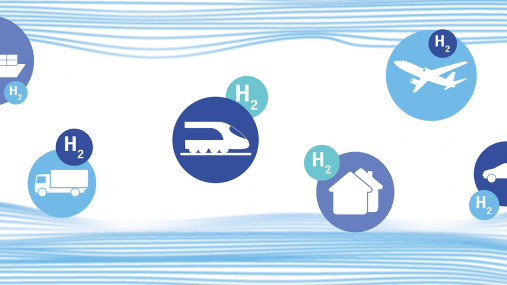
Publications » Position papers » Pragmatic regulatory framework necessary for hydrogen market
Pragmatic regulatory framework necessary for hydrogen market
Downloads and links
Recent updates

The signatories of this letter welcome the publication of the drafts for the outstanding RED II Delegated Acts on Article 27.3 (‘Additionality’ Delegated Act) and Article 28.5 (Greenhouse Gas Reduction Methodology) and appreciate the European Commission’s call for feedback.
For meeting the climate neutrality targets set by the European Green Deal, our sectors crucially depend on the large-scale availability of renewable fuels of non-biological origin (RFNBOs), supplied cost-competitively and securely across Europe. The signatories strongly support avoiding the double counting of renewable electricity or emitted greenhouse gases through appropriate certification mechanisms and the establishment of viable sustainability criteria though the RED II Delegated Acts. These shall ensure a clear and certain framework for investments.
Achieving the Commission's increased ambition levels such as RFNBOs sub-quotas as outlined in the REPowerEU Plan, European Hydrogen Strategy, revision of the Renewable Energy Directive, ReFuelEU Aviation or discussed in FuelEU Maritime require a safe investment environment and sufficient planning certainty for the rapid scale-up of renewable fuels of non-biological origin, hydrogen derivatives such as synthetic fuels, and underlying technologies such as Carbon Capture and Utilisation (CCU).
Overly restrictive requirements, the absence of clear guarantees on the availability of renewable electricity and relevant dedicated infrastructure have the opposite effect of curtailing investments in production capacity and imposing undue administrative burdens. The signatories therefore propose the following changes to the draft acts, which are necessary to enable the market ramp-up and fast decarbonisation.
The signatories recommend the European Commission to:
1. Prolong the proposed transitional period and grandfathering to at least 2030.
2. Extend the geographical correlation beyond the proposed concept, provided there is sufficient or potential interconnection capacity between bidding zones.
3. Set at least the proposed monthly temporal correlation as a default. A change to a more granular correlation should be subject to a corresponding Impact Assessment by the Commission.
1. Reconsider restrictions on industrial CO2 use.
2. Broaden the definition of possible CO2 sources limited by carbon pricing requirements.
3. Allow RCFs producer to use PPA’s and other measures to replace the electricity displaced by the production of an RCF (and RFNBO) instead of national average grid GHG factors.
Read the full text below.
Signatories:

Download this publication or visit associated links
Brussels, 07 May 2024 – The European Commission has today published two Regulations extending the anti-dumping and countervailing measures in force on imports of stainless steel cold-rolled flat products (SSCR) originating in Indonesia to imports of SSCR from Taiwan, Turkey and Vietnam. EUROFER welcomes the extension of the duties and the introduction of import requirements connected to strict monitoring of imports.
The outlook for the European steel market in 2024 continues to lose momentum amidst persisting challenging conditions. Downside factors such as worsening geopolitical tensions, coupled with growing economic uncertainty, energy prices, inflation, interest rates have further impacted demand prospects. According to EUROFER’s latest Economic and Steel Market Outlook, these challenges have exacerbated the negative effects on apparent steel consumption, resulting in a more severe downturn in 2023 than previously projected (-9%, instead of -6.3%) and weaker growth in 2024 (+3.2%, instead of +5.6%). Output in steel-using sectors, despite showing more resilience than expected in the past year (+1.1%), is now set to decline (-1%). Imports are once again on the rise (+11% in the last quarter of 2023), capturing a staggering 27% market share throughout 2023.
Second quarter 2024 report. Data up to, and including, fourth quarter 2023